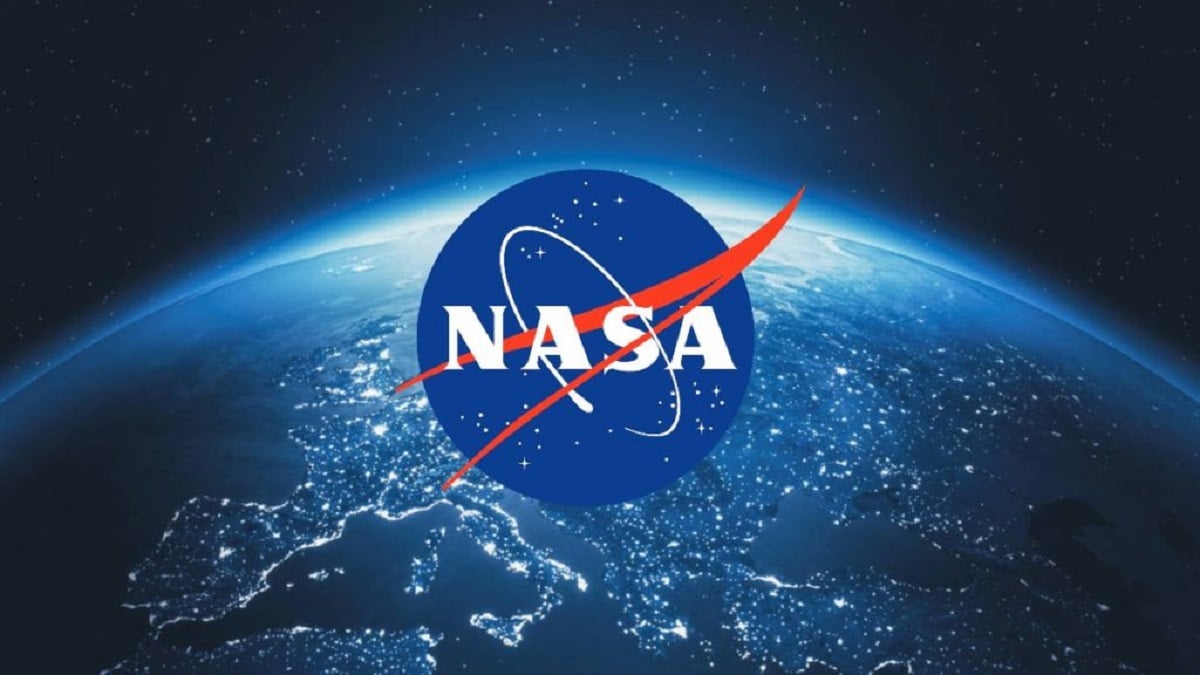
NASA is the US government agency responsible for the civil space program, as well as for aeronautics and aerospace research.
During the last decade, the Terms like data science, machine learning, and cloud computing have become very popular. The technologies and practices that underpin them are the result of major commercial investments and the recognition that data and computing capabilities are capable of sparking curiosity and innovation that had not been imagined before.
It is because of that To help build a culture of open science, NASA is championing a new initiative: the Open Source Science Initiative (OSSI).
OSSI is a comprehensive program of activities to enable and support the evolution of science towards openness, including policy adjustments, support for open source software and cyber infrastructure. OSSI aims to implement the NASA Strategy for Data Management and Informatics for Advanced Science 2019-2024, which was developed through community input.
NASA is making a long-term commitment to building an open scientific community over the next decade. Open source science is a commitment with the open exchange of software, data and knowledge (algorithms, articles, documents, auxiliary information) as early as possible in the scientific process.
The principles of open source science are to make research publicly funded scientific be transparent, accessible and reproducible. Technological advances, including collaboration tools and cloud computing, are helping to implement open source science, but technology alone is not enough.
Open source science requires a cultural shift towards a more inclusive, transparent and collaborative scientific process that will accelerate the pace and quality of scientific progress.
Along with these technological advances, the expectations of scientists and commercial and scientific users of public data have changed. It is recognized that publicly funded research and the underlying data need to be open and easily accessible to larger communities of users to support innovation.
Conducting science under openness builds trust, advances science, and enables access to public information for academic, international, and commercial partners. The pace of technological and societal change will continue to accelerate as new technologies are developed inside and outside of NASA.
The scientific community in general is moving towards open source and collaborative tools. For example, the Department of Defense adopted the Open Source Principles in 2008. The National Academies of Sciences, Engineering, and Medicine have called on NASA to adopt an open source policy. NASA is also subject to executive orders and other policy directives.
NASA, along with the White House and other federal agencies, have designated 2023 as the Year of Open Science.. Throughout the year, a concerted effort will be made across the federal government to demonstrate the many benefits of providing comprehensive and open data.
The open source science initiative (OSI) of NASA and the mission Transform to Open Science (TOPS) create funding resources and opportunities to increase the use of NASA data by a broader community. NASA's Open Science Year Guide is a great place to start; you can read the latest developments on the TOPS GitHub page.
NASA's innovative open data policy allows unlimited access to more than 75 petabytes of science data Earth contained in NASA's Earth Observing System Data and Information System (EOSDIS) collection.
The program Earth Science Data Systems (ESDS) from NASA guarantees that this data is fully available to any user for any purpose. It encourages and facilitates the open sharing of all metadata, documentation, models, images, and search results, as well as the source code used to generate, manipulate, and analyze this data.
This page provides a deeper look at how SEDS defines open science and the evolving open source science paradigm, facilitates unrestricted use of NASA Earth Science data, and supports open science research initiatives. throughout the agency.
NASA's open source science practices bring the agency closer to a completely open system (right side of image). New technologies and practices will allow NASA to continue to become a fully open system. Credit: NASA ESDS.
NASA's Earth Science Data Systems (ESDS) program defines open science as a technology-enabled culture of collaboration that enables the open sharing of data, information, and knowledge within the scientific community and the general public to accelerate research. science and understanding.
An open science-based system aims to make the scientific process as transparent (or open) as possible by making all elements of a claimed discovery easily accessible, allowing results to be replicated and validated.
Finally if eAre you interested in learning more about it?, you can check the details In the following link.